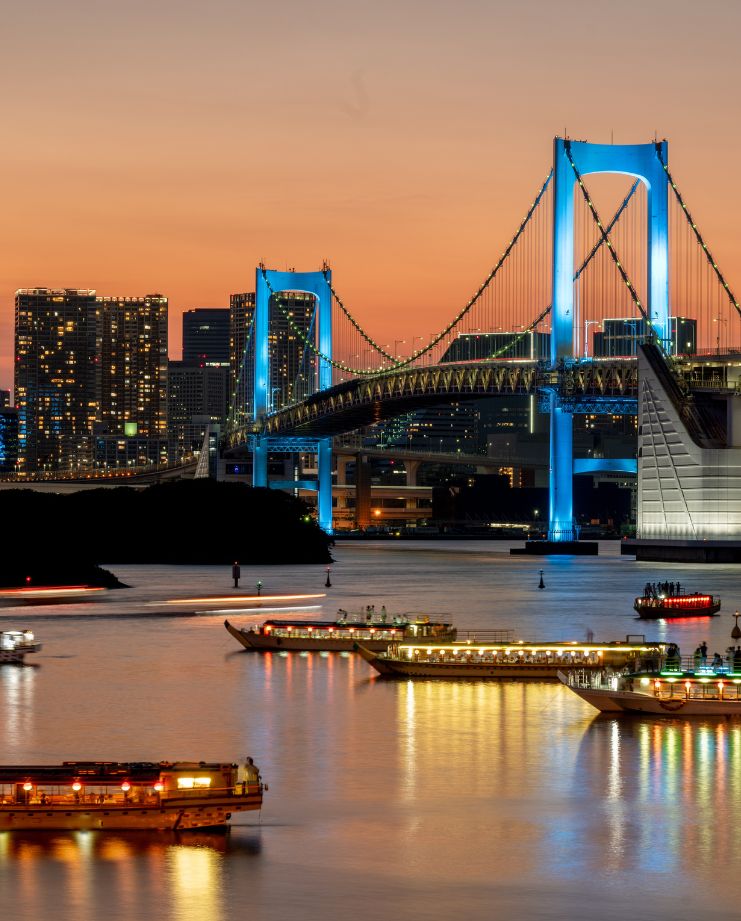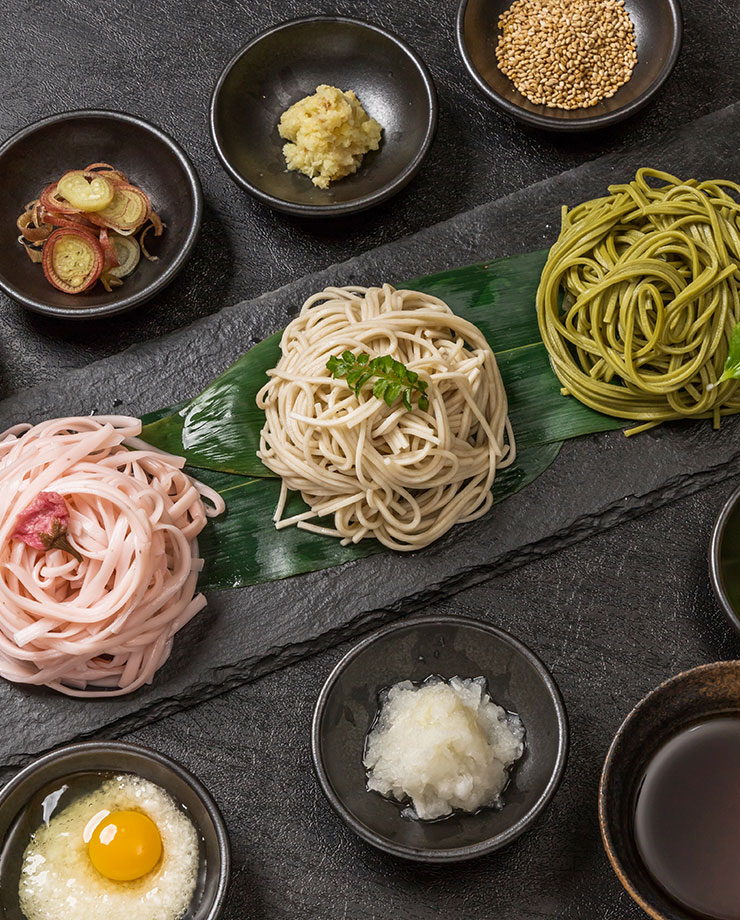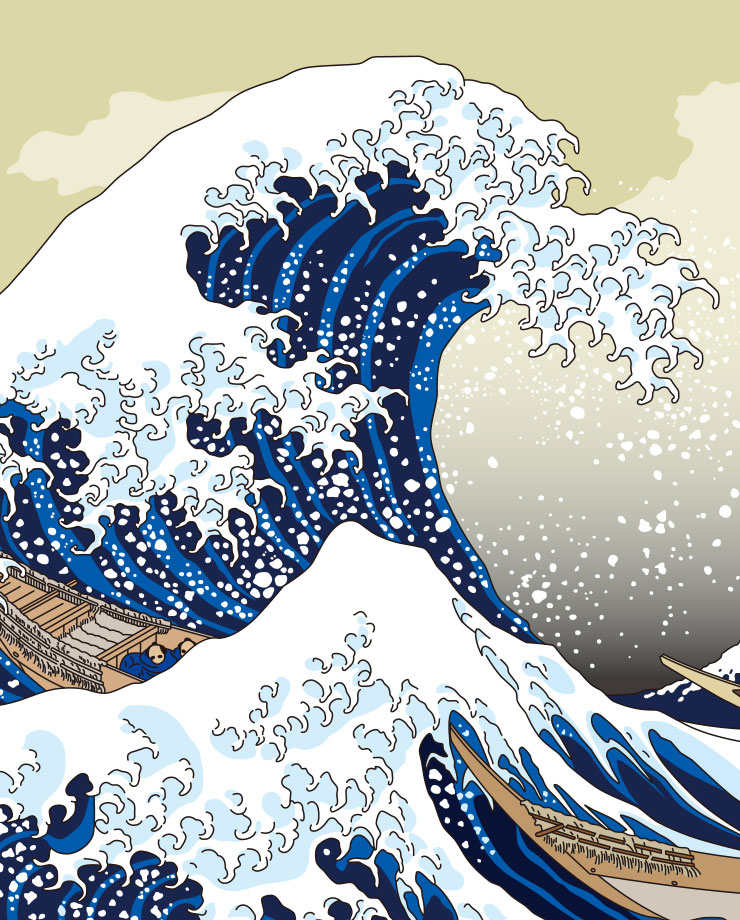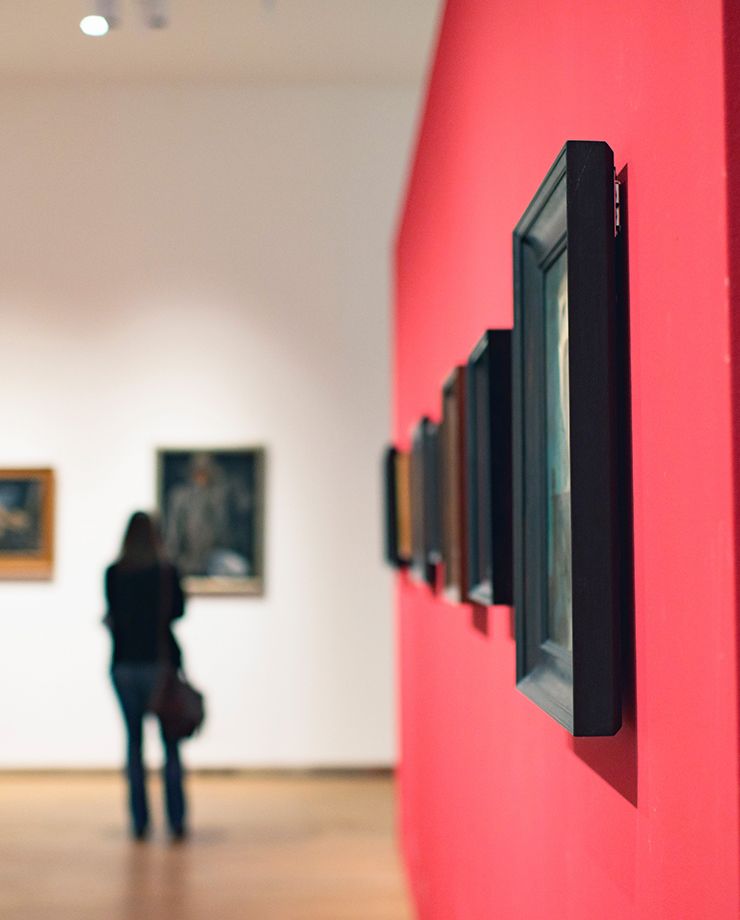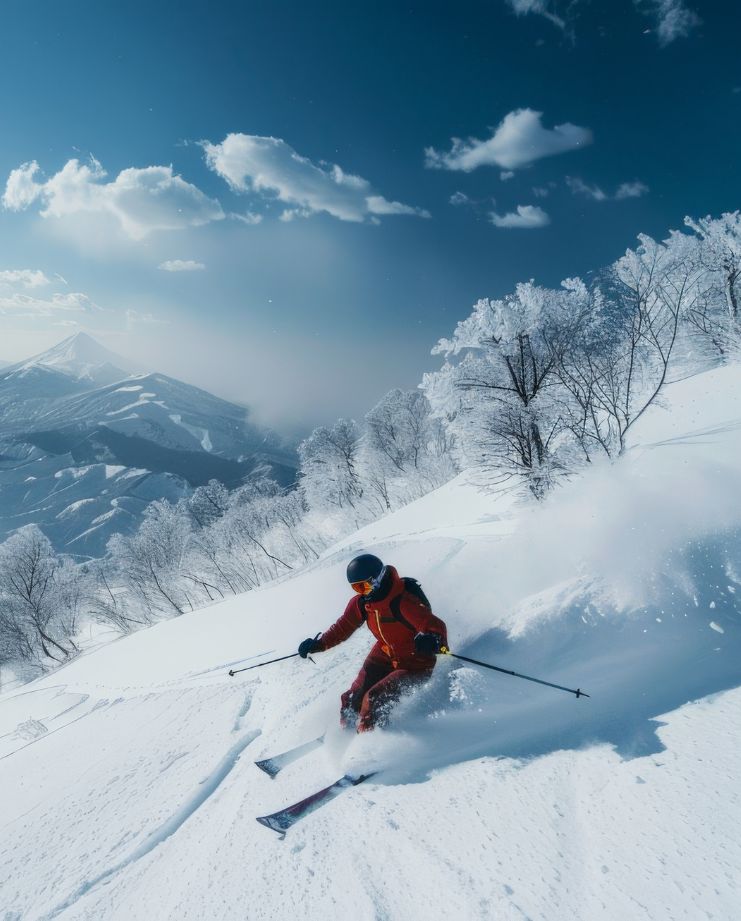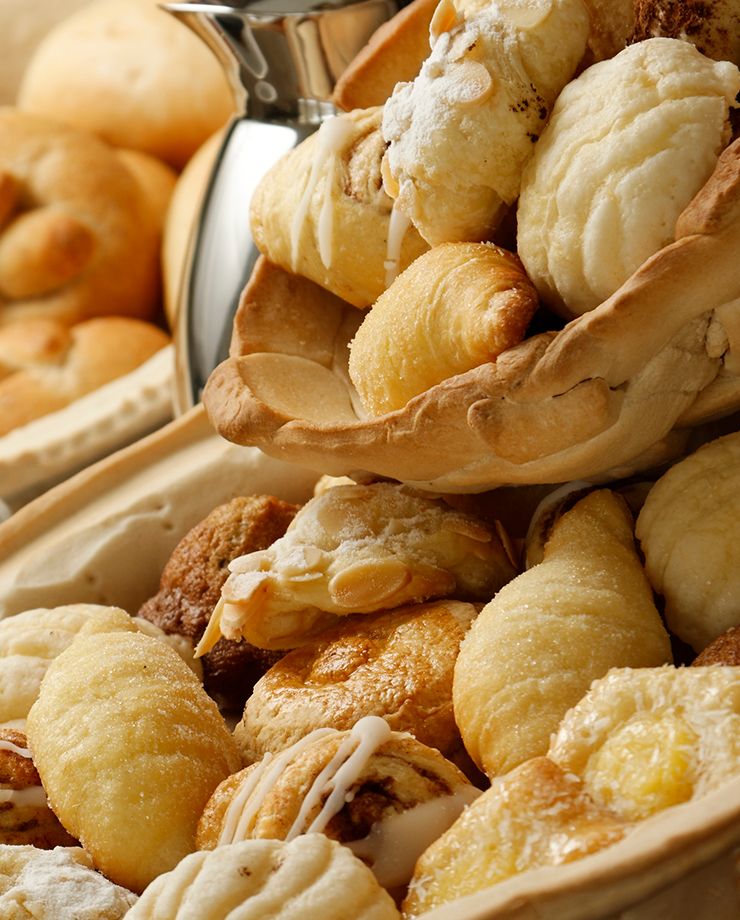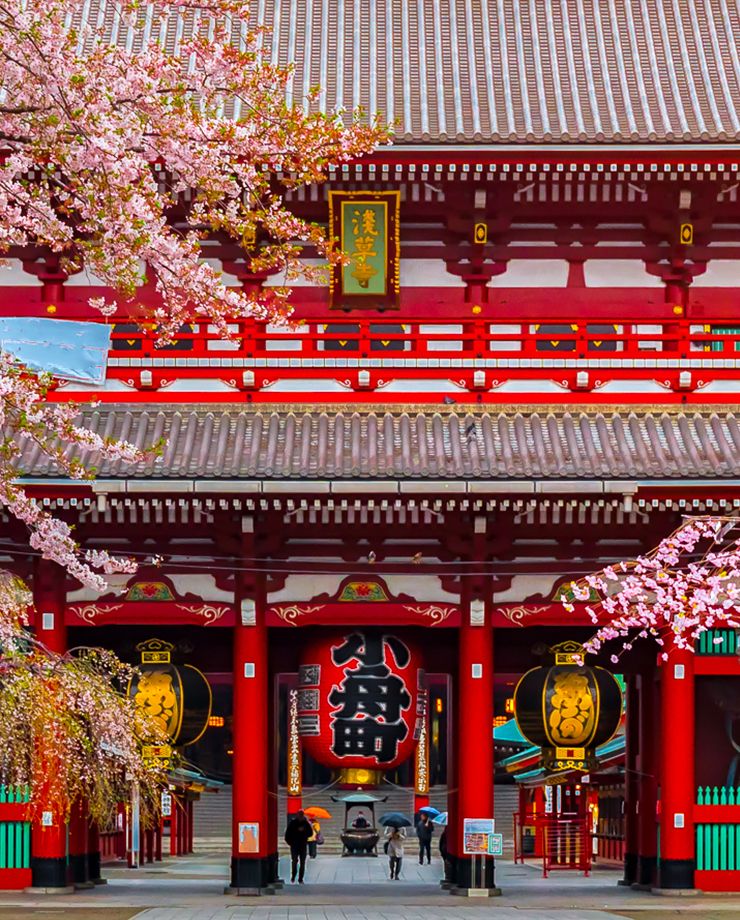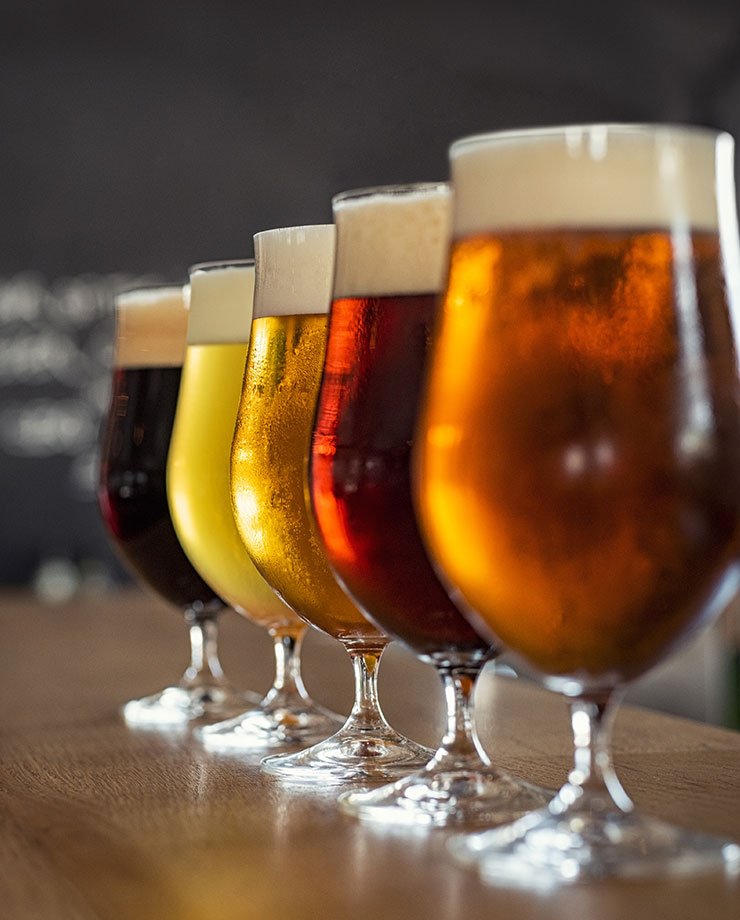Top 10 Shinto Shrines and
Buddhist Temples to visit
The dichotomy of Japanese modernity with traditionalism is absolutely amazing. You will see ultra-modern high rise buildings situated right next to some of the oldest temples and shrines in Japan. This appreciation of old and new makes traveling in Japan so exciting. Across all of Japan, there are 158,000 shrines and temples in Japan. Considering Japan has 55,000 convenience stores across the archipelago, you can just see how many shrines and temples are in Japan.
Among the 158,000 shrines, we have handpicked 10 Shinto Shrines and Buddhist Temple to visit on your stay in Tokyo. There are definitely more, but here is a quick list of those sites.
Sensoji
Perhaps the most famous temple located in Asakusa established in 645 AD, Sensoji is a must visit for the first-time Japan visitors. The Nakamise area leading up to the temple is picturesque, bustling with tourists and locals alike. One tip, almost everything along the Nakamise area is overpriced, thus if you are looking for souvenirs for your friends and family, I’d highly recommend shopping outside the Nakamise area. The Sensoji is 40 minutes by train from the hotel.
Tokyo Daijingu
Tokyo Daijingu is a shinto shrine, also known as ‘Oise-sama of Tokyo’. Tokyo Daijiungu is famous for ensuring the ancestral deity of “Amaterasu Sume Ohkami” and the “Toyoukeno Ohkami”, both originally enshrined at Ise Shrine in Mie Prefecture. Besides the two gods of Ise, Tokyo Daijingu also hosts three deities of creation and development, which is said to help bring good marriage and relationship to those who visit and pray at the shrine. Tokyo Daijingu is about 30 minutes by subway from the hotel.
Meiji Jingu
Tokyo Daijingu is a shinto shrine, also known as ‘Oise-sama of Tokyo’. Tokyo Daijiungu is famous for ensuring the ancestral deity of “Amaterasu Sume Ohkami” and the “Toyoukeno Ohkami”, both originally enshrined at Ise Shrine in Mie Prefecture. Besides the two gods of Ise, Tokyo Daijingu also hosts three deities of creation and development, which is said to help bring good marriage and relationship to those who visit and pray at the shrine. Tokyo Daijingu is about 30 minutes by subway from the hotel.
Nezu Shrine
The picturesque tunnel-like torii gates of Nezu Shrine is perfect for photographing your Japan trip. While not as expansive as Kyoto’s Fushimi Inari Shrine torii gates, Nezu Shrine has much tranquility across its premise despite being situated in the heart of Tokyo. Just a few minutes from Tokyo University and Ueno Park, the current structures were built in 1706, withstanding the test of time. Nezu Shrine is about 35 minutes by subway from the hotel.
Yasukuni Shrine
Yasukuni Shrine is a relatively new shinto shrine founded by the Meiji Emperor in 1869. Setting aside the political controversy, Yasukuni Shrine commemorates those who have died in service of Japan from Boshin War (1868-1869) to World War II. During both the spring and autumn, Yasukuni Shrine has festivals featuring ‘mikoshi’ along with various yatai (food stands) along the main corridor. Those stands generally only accept cash, so make sure to have a few extra yen if you’d like to have the full experience. Yasukuni Shrine is about 40 minutes by subway from the hotel.
Zojoji Temple
Amongst the most photographed temple and shrine in Japan, Zojoji must be up there near the top of the list with the iconic Tokyo Tower in its backdrop. The Zojoji Temple was originally constructed in 1393 and moved to the present-day location under the Tokugawa Shogunate rule in 1598. The main entrance gate, known as Sangedatsu-mon, is one of the few original structures in the premise originally constructed in 1622 and has survived wars, earthquakes, and fires over its history. Zojoji Temple is located about 30 minutes by subway from the hotel.
Suitengu Shrine
Suitengu Shrine has its origins in Kurume on the island of Kyushu and was transferred to the current Tokyo location in 1818. The shrine hosts four gods, with Ammenominakanushino Ohkami as the main diety who has blessings for safe childbirth for expecting mothers and hopeful couples looking to welcome a new life. The shrine is famous for the statues of dogs, which is thought to bring luck when you pet the statues. During the “Inu-no-hi” (the day of dog), which is the best day for praying for safe childbirth, the shrine is packed with couples and families. Suitengu Shrine is about 20 minutes by subway from the hotel.
Hie Shrine
Hie Shrine is located minutes from the bustling Roppongi area and is situated right next to the Japanese Prime Minister’s residence near Akasaka. The contrast between the surrounding modern highrises versus a shrine with history dating from 1478 gives you the true sense of the dichotomy of Japanese appreciation for modernity and history. During the Edo period under the Tokugawa Shogunate, Hie Shrine was considered ‘the protectorate shrine of Edo’ and was revered by the people of Edo. Hie Shrine is about 30 minutes by subway from the hotel.
Ookunitama Shrine
Located in the outer city of Fuchu within Tokyo Prefecture, Okunitama Shrine is one of the five major shrines of Tokyo area, alongside Tokyo Daijingu, Meiji Jingu, Yasukuni Shrine, and Hie Shrine. The shrine was established in the current position in 645AD, but legends have it originating as early as 111AD. The famous autumn festival, ‘Kuri Matsuri’ (or chestnut festival), which happens on the 27th and 28th of September each year, celebrates the harvesting season for chestnuts. During the festival, the shrine is lit with over 280 lanterns elegantly lighting up the yatai (food stands) and other vendors. Ookunitama Shrine is about 75 minutes by train from the hotel.
Toyokawa Inari-Tokyo Betsuin
Toyokawa Inari-Tokyo is a branch temple of the Toyokawa Inari of Aichi prefecture. The current branch temple was established in Tokyo in 1887 to allow the worshipping of the deity Dakini-Shinten. Many historical shogunates paid homage to this temple, including Oda Nobunaga, Toyotomi Hideyoshi, Tokugawa Ieyasu, and as a result, the general public has revered this temple for business prosperity and family happiness. Toyokawa Inari-Tokyo Betsuin is about 30 minutes by subway from the hotel.

